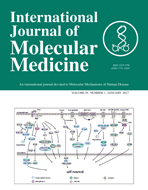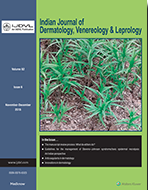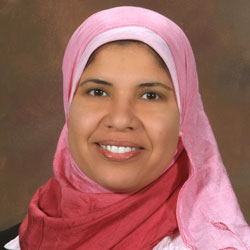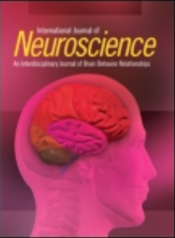 After researchers in China included the same images in two papers published online one month apart, one paper has been retracted, and the other flagged with an expression of concern.
After researchers in China included the same images in two papers published online one month apart, one paper has been retracted, and the other flagged with an expression of concern.
According to the retraction notice in the International Journal of Molecular Medicine (IJMM), the authors intended that the two different papers offered “different research perspectives.”
Meanwhile, the Chinese Medical Journal — which published the same images one month later — has issued an expression of concern (EOC), noting it “should not be considered as a statement regarding the validity of the work.” Both papers describe how cells regulate blood flow to the retina.
Normally, journals choose to retract the most recent paper containing duplicated images, but in this case, the IJMM paper was published online in February 2016, and the Chinese Medical Journal in March.
Here’s the retraction notice: Continue reading Authors use same images in two studies — one is retracted, the other flagged by journal




 In March, 2013, a graduate student joined the lab of a prominent researcher in Australia, investigating new therapies for Parkinson’s. A few months later, everything fell apart.
In March, 2013, a graduate student joined the lab of a prominent researcher in Australia, investigating new therapies for Parkinson’s. A few months later, everything fell apart. 


